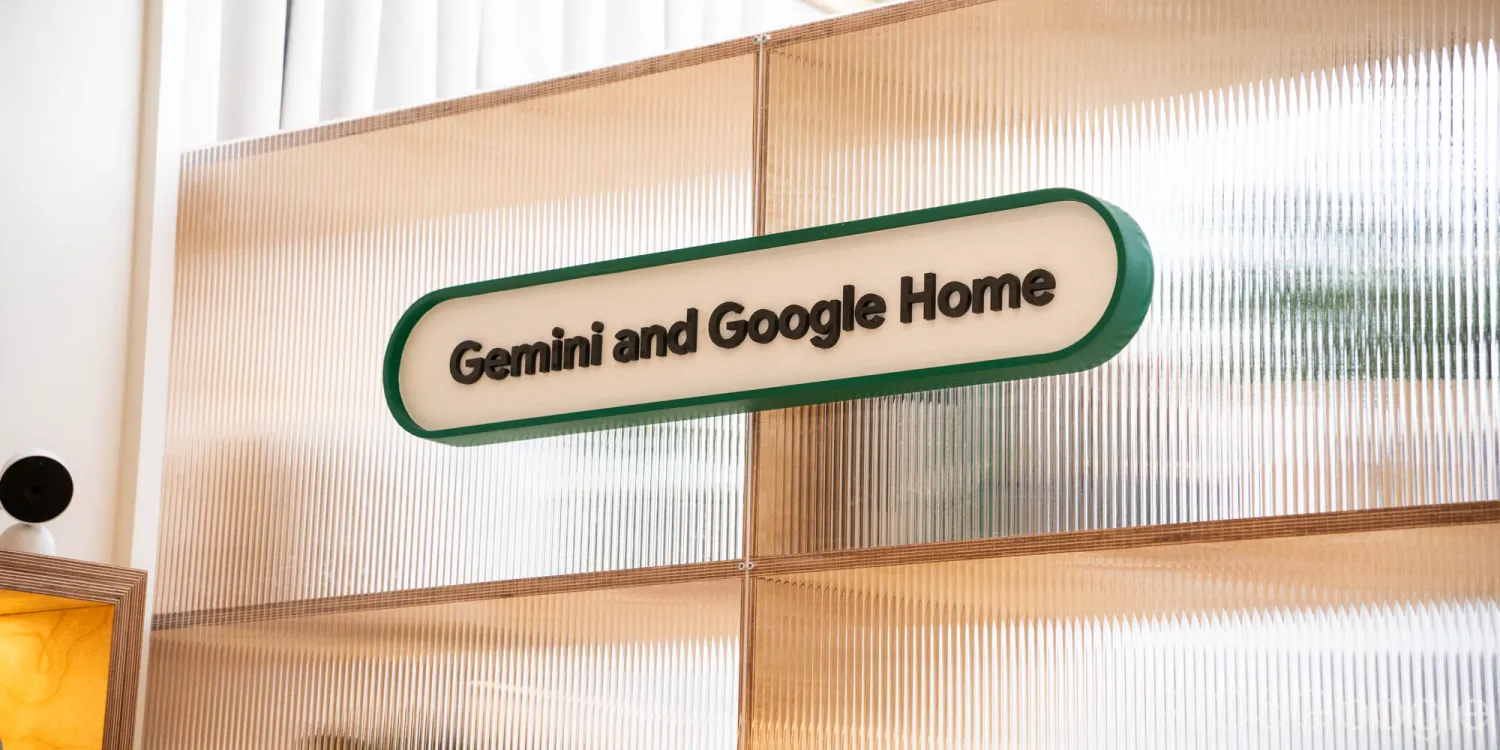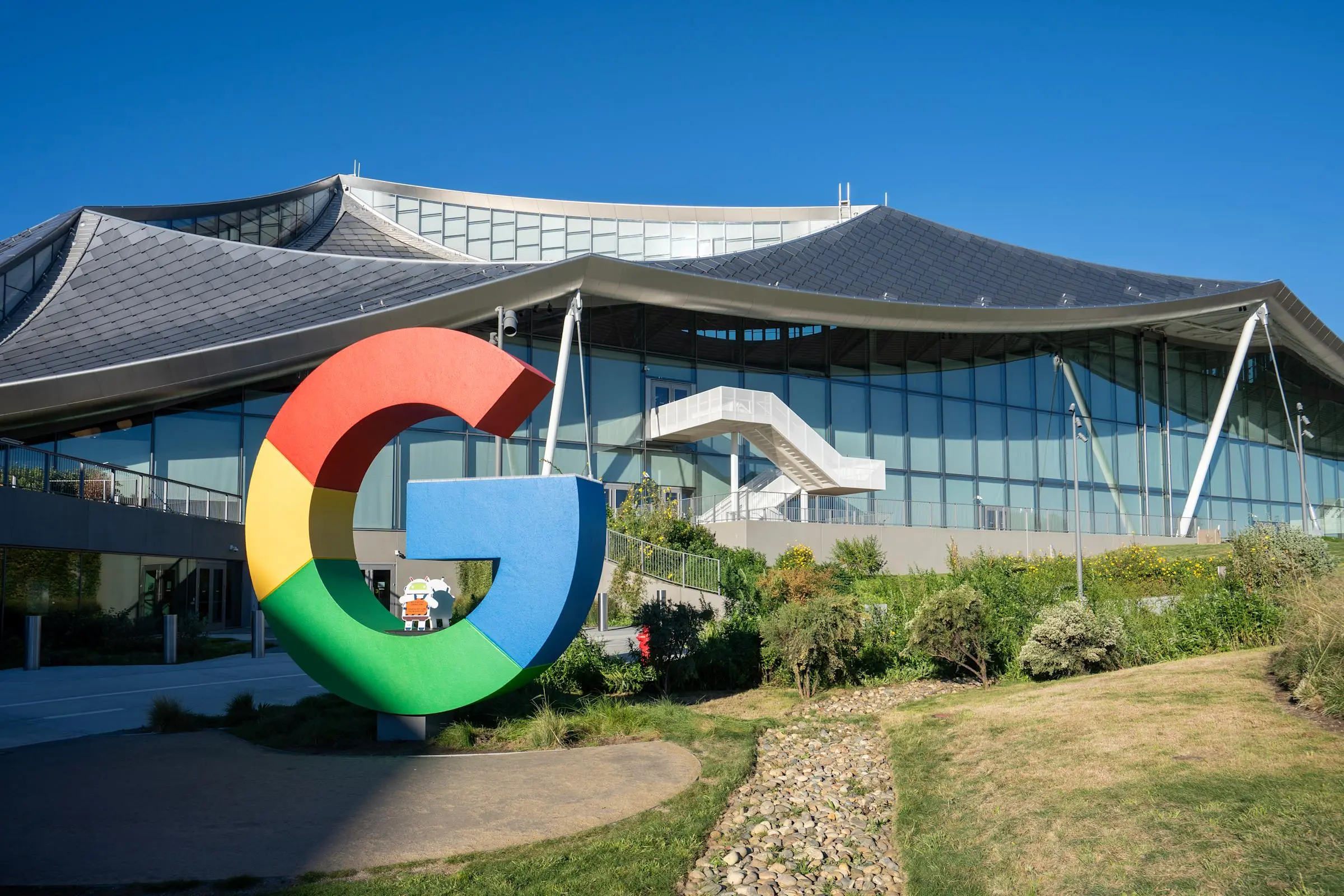Imagine opening Wikipedia, the internet’s most trusted encyclopedia, and finding a bright, AI-generated summary at the top of your favorite article.
For a brief moment in June 2025, some mobile users experienced this reality—until a wave of editor outrage forced the Wikimedia Foundation to slam the brakes.
The story behind Wikipedia’s AI summaries is more than just technology; it’s a fascinating look at what makes Wikipedia unique and why the human touch is still important.
Earlier this month, Wikipedia quietly began a two-week trial of AI-generated article summaries for approximately 10% of mobile users.
These summaries appeared at the top of select articles, were collapsed by default, and were clearly labeled “Unverified.”
Only users who opted in could see them, and the goal was clear: to make information more accessible, particularly for readers who want a quick overview before delving deeper.
The experiment arose from discussions at Wikimedia’s 2024 conference, during which both foundation staff and volunteer editors investigated how AI could help Wikipedia’s mission.
Some believed that simplified, AI-generated summaries could improve learning and accessibility, particularly for readers with limited English proficiency or who prefer bite-sized information.
However, the rollout did not go exactly as planned.
Editor Reaction: Trust, Transparency, and the “Wikipedia Way”
The response from Wikipedia’s volunteer editors was swift and scathing. Comments ranged from “Yuck” to “Grinning with horror.”
Some criticized the idea as a “ghastly” public relations stunt, while others warned that it could “immediately and irreversibly harm” Wikipedia’s reputation as a trustworthy, serious source.
“Just because Google has rolled out its AI summaries doesn’t mean we need to one-up them. I sincerely beg you not to test this on mobile or anywhere else. This would do immediate and irreversible harm to our readers and to our reputation as a decently trustworthy and serious source,” wrote one editor.
The editors’ concerns weren’t just knee-jerk reactions to new technology. They highlighted deep, philosophical issues:
- Accuracy and Misinformation: AI models are notorious for “hallucinations”—generating plausible-sounding but incorrect information. On Wikipedia, where accuracy is paramount, even small errors can erode trust.
- Transparency and Traceability: Wikipedia’s model is built on open editing, transparent change histories, and the principle that “anyone can fix it.” AI-generated content, by contrast, is opaque and harder to audit or correct.
- Community Involvement: Many editors felt blindsided by the rollout, arguing that the planning process excluded the very volunteers who safeguard Wikipedia’s standards.

A Complex Relationship Between Artificial Intelligence and Wikipedia
It’s important to note that Wikipedia isn’t anti-AI. In fact, the platform already employs machine learning behind the scenes for tasks such as vandalism detection, content translation, and readability enhancement. The difference is that these tools support editors rather than replace them.
Wikimedia’s Director of Machine Learning, Chris Albon, has emphasized that AI’s role should be to “eliminate technical barriers” and free up human editors for more thoughtful work, rather than to generate content itself.
This human-centered approach distinguishes Wikipedia from other platforms that have rushed to adopt AI-generated content, often with embarrassing results.
Comparing Human vs. AI Summaries on Wikipedia
| Feature | Human-Edited Summaries | AI-Generated Summaries |
|---|---|---|
| Accuracy | High (community-verified) | Variable (risk of “hallucination”) |
| Transparency | Full edit history, traceable | Opaque, harder to audit |
| Neutrality | Enforced by guidelines | Dependent on training data |
| Speed | Slower, but deliberate | Instant, but less reliable |
| Community Involvement | Core to process | Often excluded |
This episode is more than just a technological hiccup; it’s a case study in AI ethics and the importance of human stewardship in digital knowledge.
- Trust is Fragile: Wikipedia’s reputation rests on reliability and transparency. Even a well-intentioned AI experiment can threaten that if not handled with care.
- Community is King: The backlash wasn’t just about technology; it was about process. Wikipedia’s strength is its army of dedicated volunteers, and their buy-in is non-negotiable for any major change.
- AI Needs Guardrails: While AI can enhance productivity and accessibility, it requires rigorous oversight—especially on platforms where accuracy is non-negotiable.
- Transparency Wins: Future AI initiatives at Wikipedia will need to be more transparent and collaborative, with editors involved from the start.

This episode hits home for me as someone who has both contributed to and relied on Wikipedia for many years.
The magic of Wikipedia lies not only in its vast amount of content but also in the invisible web of trust, debate, and collective wisdom that underpins each article.
AI, for all of its potential, cannot replicate the nuanced judgment of thousands of dedicated volunteers.
I’ve seen firsthand how even small factual errors can spiral if left unchecked. The idea of including an “unverified” AI summary at the top of an article appears to be a shortcut that undermines the community’s painstaking work.
Final words
The Wikimedia Foundation has made it clear that while AI is not off the table, any future use will involve the community from the ground up.
“Adding generative AI to the Wikipedia reading experience is a serious set of decisions with significant implications, and we intend to treat it as such,” said a spokesperson.
For the time being, Wikipedia stands out as a source of human-curated knowledge in an age of automated content on the internet. The pause on AI summaries is a victory for transparency, trust, and the long-lasting power of community.






